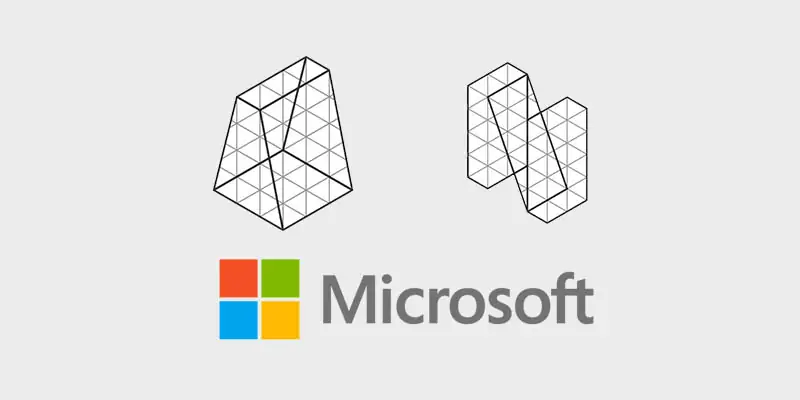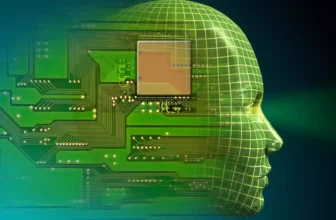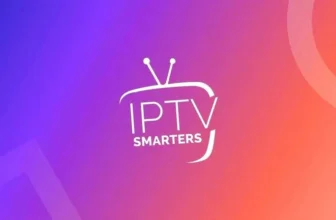Microsoft starting new programme to build quantum computing skills in India

Microsoft the Tech giant starting a new programme to construct quantum computing abilities and capacities in the academic community from India and will instruct 900 faculty members out of leading Indian universities.
Rajiv Kumar, Managing Director, Microsoft India Development Center, and Business Vice President, Enterprise+Devices India, stated. We plan to build abilities in quantum in scale, and this has the capability to activate the newest frontier of creation, forming the future of the IT sector in this section of world.
Quantum computing uses the attributes of quantum physics to further procedure data. Quantum computers will allow new discoveries in the fields of health care, energy, ecological processes, intelligent materials, as well as outside.
Microsoft has been bringing the abilities to develop with the quantum future into the cloud using Azure Quantum.
It’s constructed on Microsoft’s Azure cloud system, also will continue to accommodate to Microsoft’s quickly evolving future.
This programme will instruct 900 faculty members from institutes and universities throughout India throughout E&ICT Academies in institutes of national significance including IIT Kanpur, IIT Guwahati, IIT Roorkee, MNIT Jaipur, NIT Patna, IIIT-D Jabalpur, along with NIT Warangal, arming professors with all the essential skills to begin constructing their future, ” it included.
The quantum training regime, throughout the E&ICT Academies, affirms an initiative from the Ministry of Electronics & Information Technology (MeitY) to boost the abilities of their academicians in the next degree technical abilities for future generations.
Key themes which are going to be covered include an introduction to quantum information, quantum theories like superposition and entanglement, processing of data with qubits and quantum computers, in addition to an introduction to quantum system quantum and learning programming, the announcement said.
“India is famous throughout the world because of its own science, engineering, technology, computing and mathematics (STEM+C) work force, and also a tech-capable citizenry.





